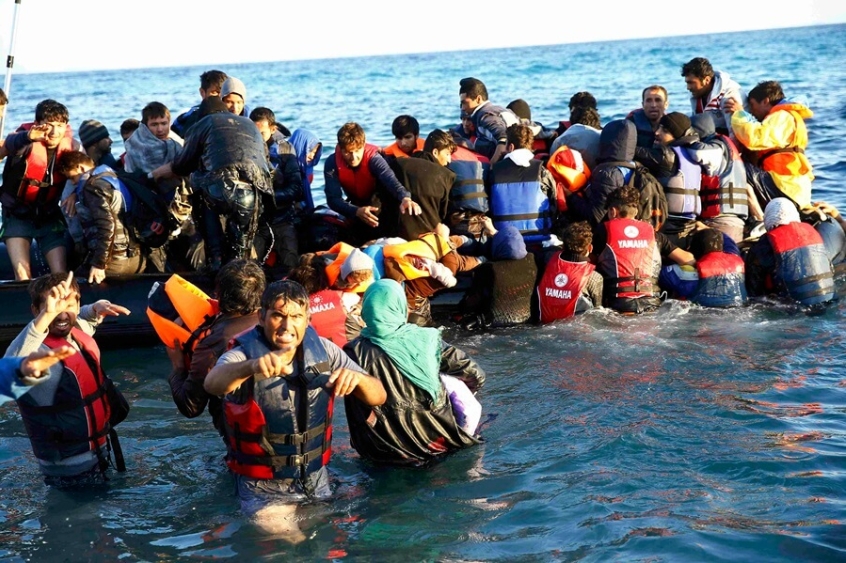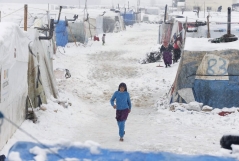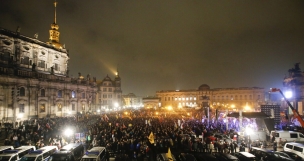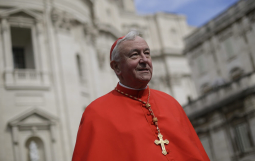
The European Commission expects some 3 million asylum seekers to arrive in the European Union by 2017, who would boost the EU's economic output and even improve public finances in the longer-term if integrated into the workforce.
In its economic forecasts for the 28-nation bloc on Thursday, the EU executive arm assumed for the purpose of its simulation that 1 million asylum seekers would arrive in the EU this year, another 1.5 million in 2016 and half a million in 2017.
If half of the arrivals are granted asylum and three quarters of those are of working age, they would increase the EU's labour force by 0.1 percent this year and by 0.3 percent in both 2016 and 2017, the Commission said.
If the accepted migrants have the same skills as the citizens in the countries that take them in, EU GDP (gross domestic product) would increase by 0.21 percent in 2016, and 0.26 percent in 2017.
If they are all low-skilled, their contribution to EU GDP would be smaller at 0.14 percent next year and 0.18 percent in 2017, the Commission simulation showed.
The migrants would have a tiny negative impact on EU public finances, increasing the aggregate EU budget deficit by as little as 0.04 percent of GDP in both 2016 and 2017, but improving it by 0.03 and 0.05 percent of GDP in 2019 and 2020, the simulation showed.

"While unevenly distributed across countries, the estimated additional public expenditure related to the arrival of asylum seekers is limited for most EU Member States," the Commission said.
It said that for the most affected transit countries, the budget cost would be a maximum of 0.2 percent of GDP in 2015, broadly stabilising in 2016.
For countries that are the final destination of asylum seekers, such as Germany, the impact amounts to a maximum of 0.2 percent of GDP in 2015, with a small further increase in some countries in 2016, the Commission said.
Sweden, which has among the highest share of refugees as a percentage of the population in the EU, would see an increased impact on the headline budget balance than others at closer to 0.5 percent of GDP this year and smaller positive effects on growth, the Commission said.
The Commission made a separate simulation of the economic impact of asylum seekers for Germany because that is the country that will take in the bulk of the refugees.
Due to the migrants, German GDP will be 0.43 percent bigger next year and 0.56 percent higher in 2017. The positive effect would rise to 0.72 percent by 2020, the simulation for migrants of the same skill-set as the local population showed.
But the additional goods and services produced by the accepted migrants would not be enough to boost overall wealth for all Germans -- German GDP per capita is to fall by 0.6 percent next year and still be 0.3 percent lower in 2020.
The migrants will also have a tiny, but still negative impact on German public finances -- in the more optimistic scenario of all migrants having the same skills as locals, the German budget would record a net cost of 0.25 percent of GDP in 2016, and a negative impact of just 0.05 percent in 2020.

















